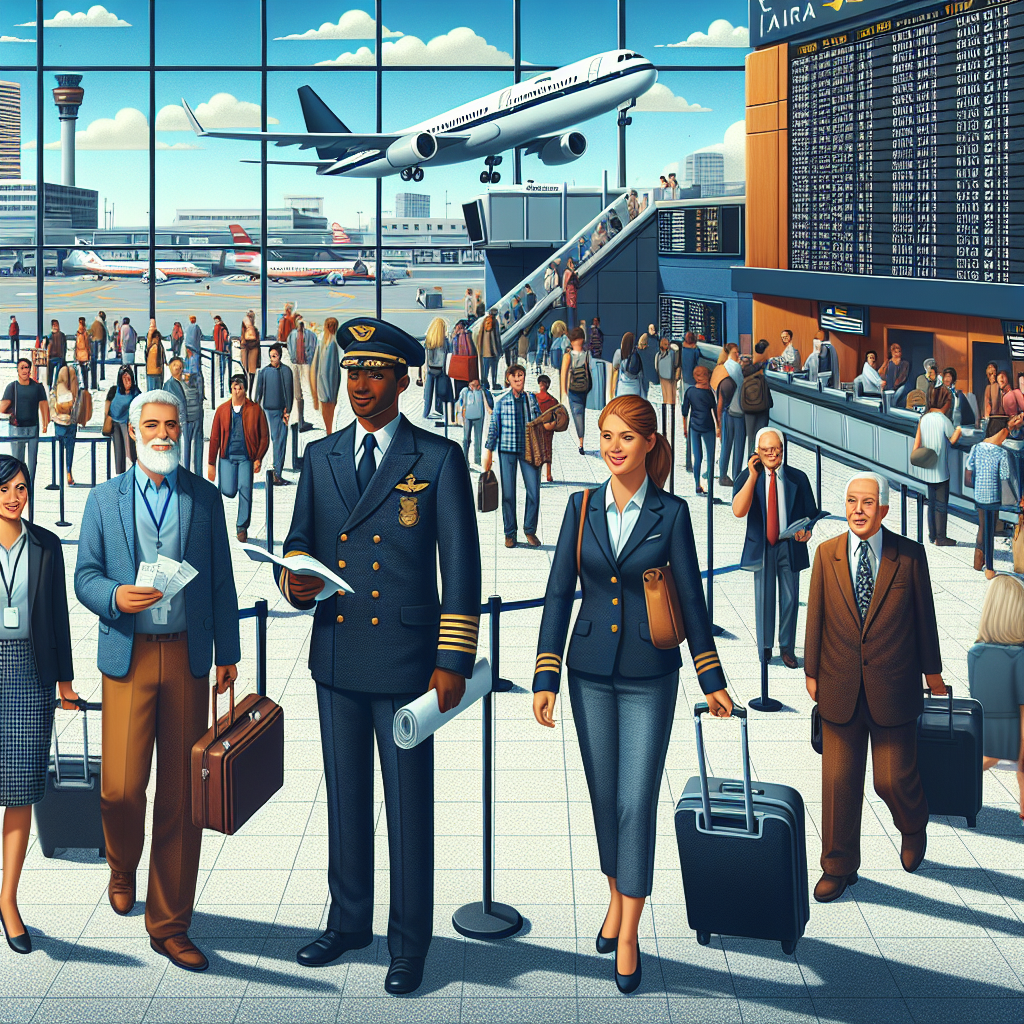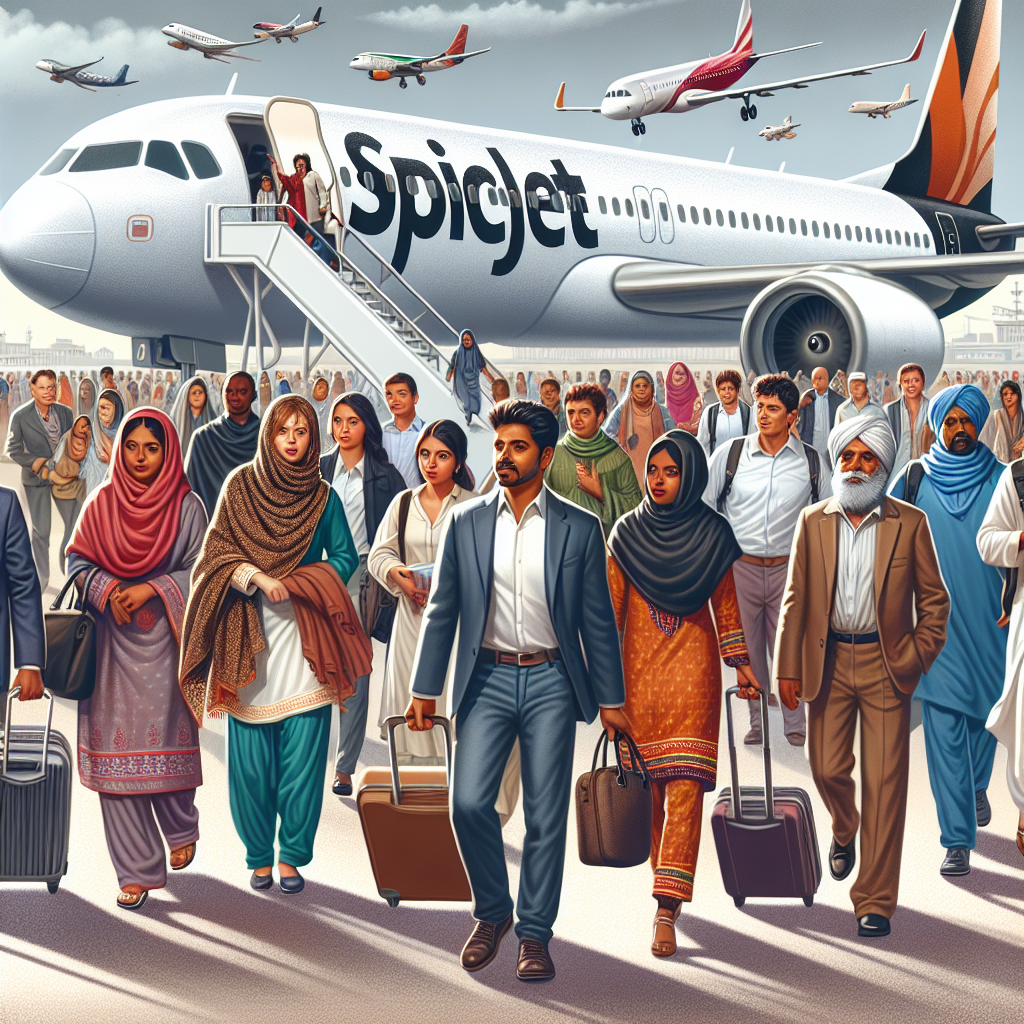NEW YORK, April 15 — Dreaming of going on vacation but not sure where to go? Increasingly the answer — and how to get there, what to eat and where to stay — will come from advanced AI, rather than your old-school travel agent. Startup Mindtrip’s generative AI can craft a tailor-made itinerary in seconds from a simple text prompt, with suggestions for hotels, restaurants, sightseeing and activities. After picking out their favourite options, travellers can have every step of the trip reserved in the app — or on partner websites that open directly to the relevant page.
“Instead of going to Google and you do one search, and then you do another...

you can actually just get into everything,” Mindtrip chief executive Andy Moss said. Similar tourism-focused startups include Vacay, while others like Navan are taking on the business travel market. Generative AI heavyweights like Google with its Gemini chatbot, OpenAI with Operator or Anthropic with Claude are also heavily marketing holiday planning.
Existing mainstays of the online travel market are adapting. Expedia launched an assistant, Romie, last year that can help with some reservation steps — mostly used for group trips. Its rival Booking.
com introduced Smart Filter, which allows users to request specific recommendations — such as an Amsterdam hotel room with canal views. “It’s early days, but we do believe agentic (AI) will allow us to deliver unique value,” Booking.com’s chief technology officer Rob Francis told AFP.
French giant Club Med has a WhatsApp chatbot on offer that lets customers ask practical questions, chairman Henri Giscard d’Estaing told AFP. “When it was a human answering, it took an average of one and a half hours” to hear back, he noted. Real-time changes The transformation of travel booking is “capitalising on the fact that people want more personalised experiences,” said Jukka Laitamaki, a New York University professor specialising in the travel sector.
He notes that AI already does much more than simply streamlining the booking process. “Whatever real-time changes may happen..
. you don’t have to call anybody, you can just put it into the system” to have your itinerary instantly updated, Laitamaki added. However, “widespread adoption will be slow,” said Eva Stewart of consultancy GSIQ.
“The travel and tourism industry is mostly made up of small and medium-sized businesses — independent hotels, tour operators, and regional agencies — that lack the infrastructure for large-scale AI integration,” she said. Startups may be leading the way for now, but Stewart predicted that major legacy players online could make a comeback powered by their “vast resources and technical capabilities.” “They have their customer base,” Laitamaki said.
“That’s an advantage.” As for the human travel agents, their best chance for survival may lie in catering to people who can afford more for the personal touch. “I don’t think this is going to make an impact on ultra luxury travel,” with the wealthy preferring to deal with a person, researcher Laitamaki said.
But “everything down from there” is likely to be affected. — AFP.
Technology

Human agents out, AI in: startups and giants like Google and Expedia race to lead travel tech

NEW YORK, April 15 — Dreaming of going on vacation but not sure where to go? Increasingly the answer — and how to get th...















